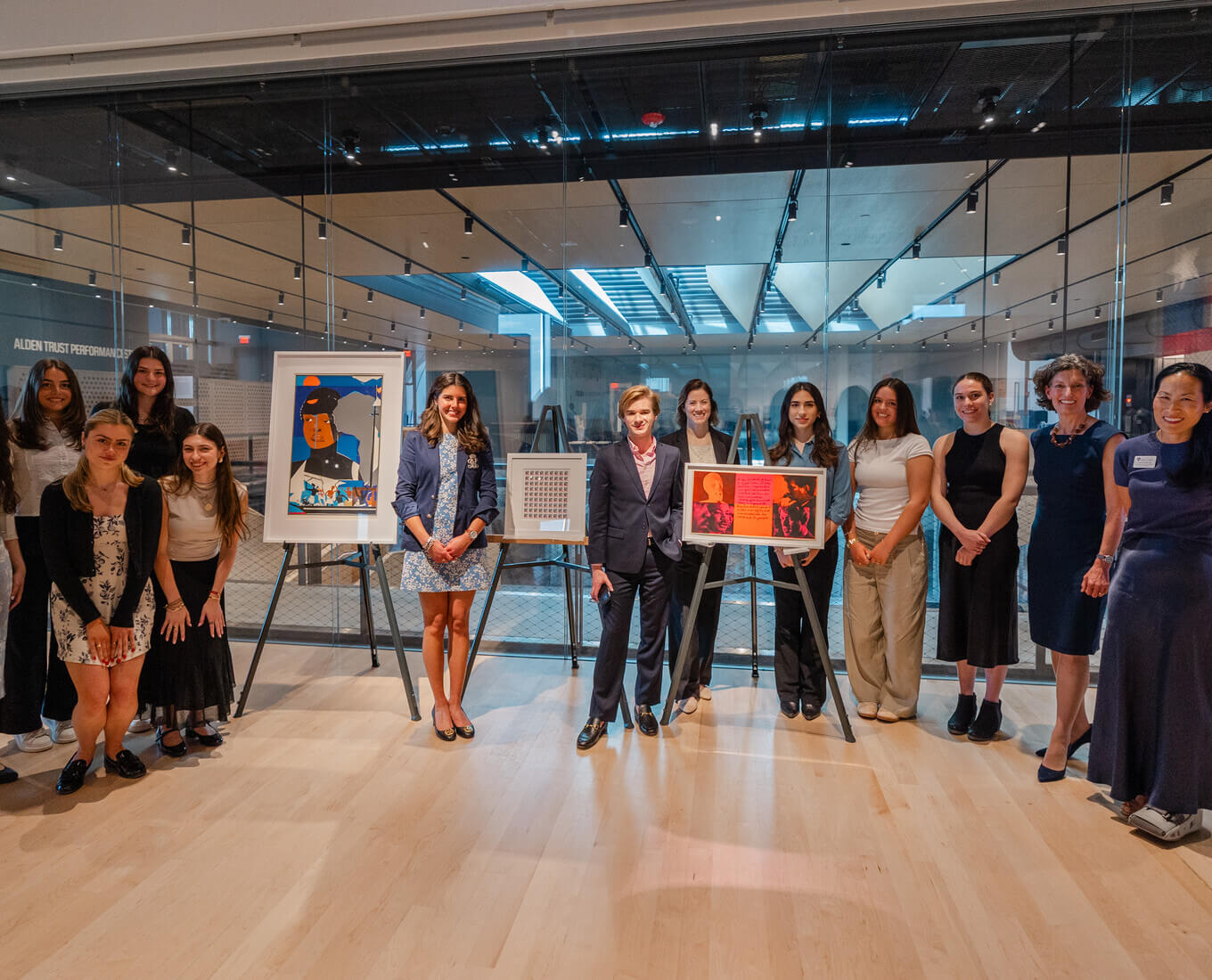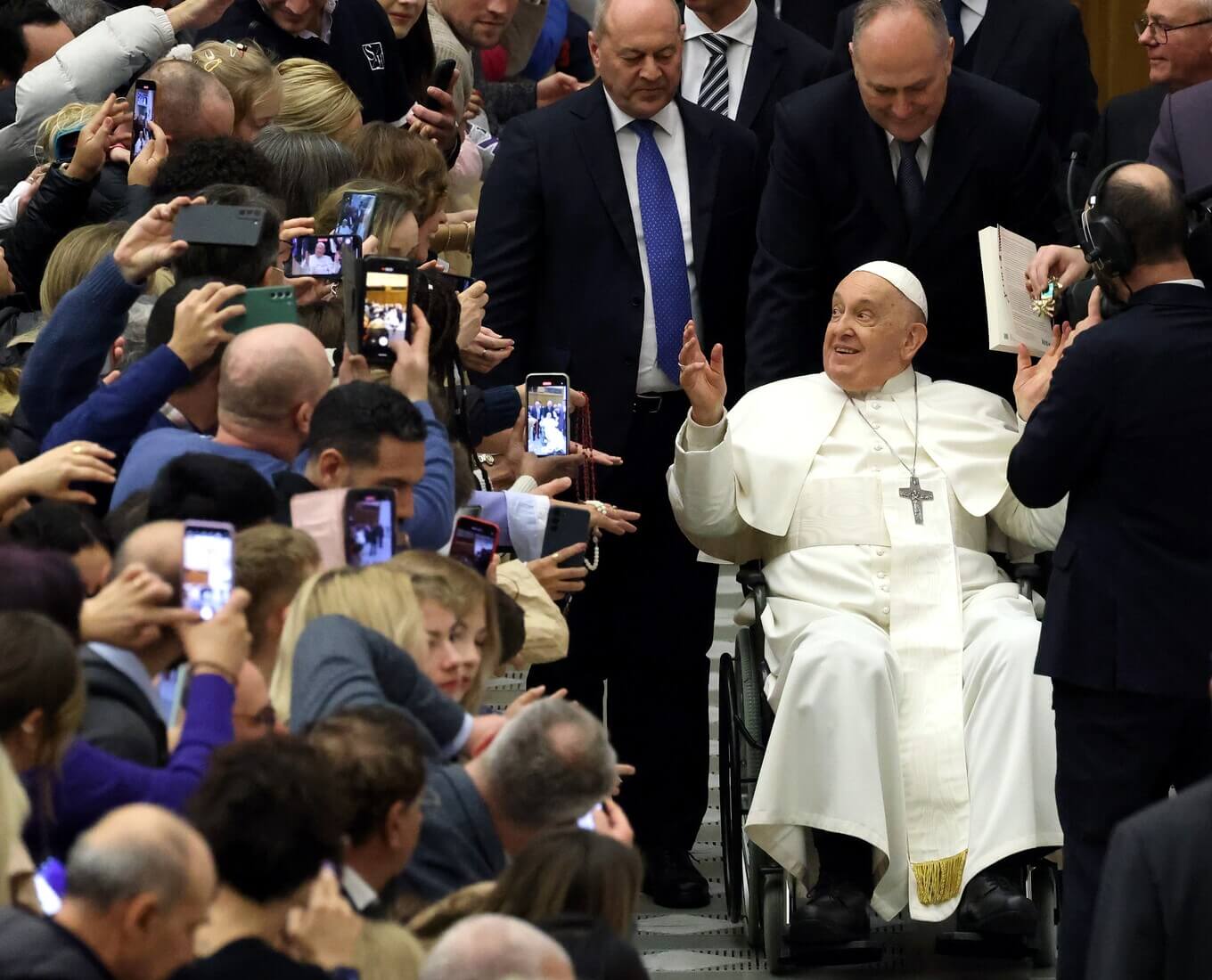WORCESTER, Mass. – The Center for Religion, Ethics and Culture at the College of the Holy Cross will present “After the Fall: Capitalism and a just way forward,” a guest lecture series and online forum exploring the U.S. economic system. All events in the series, to be held throughout the 2009-10 academic year, are free and open to the public.
In the aftermath of the credit meltdown that began in 2007, leaders and thinkers from wide-ranging vantage points — including President Barack Obama, Pope Benedict XVI and United States Court of Appeals Judge Richard Posner — have suggested that the crisis demonstrates the need to reassess basic assumptions of capitalist economic systems. For a surprising number of major thinkers, underlying assumptions about the rationality, reward mechanisms and distribution of benefits inherent in unregulated markets all have been called into question.
This series will explore the lessons learned during the credit crisis and offer diverse perspectives on how to construct a new economy that is sustainable and just. Featured speakers this fall will include Jacob Hacker, Stanley B. Resor Professor of Political Science at Yale University and an expert on the politics of U.S. health and social policy; William D. Nordhaus, Sterling Professor of Economics at Yale University and an authority on the economics of climate change; and David A. Spina ’64, retired chairman and CEO of State Street Corporation, the world's leading provider of services to institutional investors. The series also will host three events that approach economics from the perspective of Muslim, Jewish and Catholic law.
“The credit crisis of the past two years provides us with an important opportunity to assess the benefits and shortcomings of our economic system, to examine how it embodies our social priorities, and to imagine what kind of system we really want and can have,” says Thomas M. Landy, director of the Center for Religion, Ethics and Culture and coordinator of the series.
The talks will be recorded for podcast and available at www.holycross.edu/crec. A corresponding Web forum will encourage feedback and dialogue to continue online.
Upcoming events:
* Wednesday, Oct. 7; 7:30 p.m., Rehm Library
The Middle Class at Risk: The New Economic Security and What Can Be Done About It: Jacob Hacker, the Stanley B. Resor Professor of Political Science at Yale University, will report on the broad-based risk-shift from society to individuals — across healthcare, pensions, and job security — as a result of philosophical pressure in the political arena, increased opportunity for private industry, and economic pressures.
* Thursday, Oct. 15; 7:30 p.m., Rehm Library
Islamic Law, Shariah-based Finance, and Economic Theory: Caner Dagli, assistant professor of religious studies at Holy Cross, was an interfaith affairs consultant at the Royal Hashemite Court of Jordan, providing consultative support to HM King Abdullah II bin Al-Hussein and his special advisor HRH Ghazi bin Muhammad.
* Monday, Oct. 19; 7:30 p.m., Rehm Library
The Challenge of Climate Change: William D. Nordhaus, Sterling Professor of Economics at Yale University, is one of the main economists working on climate change models. He recently chaired a panel of the National Academy of Sciences that produced a report, Nature's Numbers, recommending approaches to integrate environmental and other non-market activity into the national economic accounts.
* Tuesday, Nov. 3; 7:30 p.m., Rehm Library
David A. Spina ’64, retired chairman and CEO of State Street Corporation, the world's leading provider of services to institutional investors, and a member of the Holy Cross board of trustees, will share lessons learned from the collapse of the financial markets and changes that would improve the banking system.
* Thursday, Nov. 12; 7:30 p.m., Rehm Library
How to Prevent the Next Great Depression: A Jewish Law Perspective: Aaron Levine is the Samson and Halina Bitensky Professor of Economics and chairman of the department at Yeshiva University. A noted authority on Jewish commercial law, he recently published "The Global Recession and Jewish Law” in American Economist and is editor of the forthcoming publication Judaism and Economics (Oxford University Press, Spring 2010).
* Tuesday, Nov. 17; 7:30 p.m., Rehm Library
Flourishing Economies: Supporting and deepening personal and public awareness: Daniel Barbezat, professor of economics at Amherst College, will explore consumption versus consumerism and the pursuit of happiness. Do economists know how to deliver happiness? How do our dominant economics models implicitly understand what it means to be happy? In light of what we are learning from behavioral studies, how does that have to change?
To learn more about this series and to sign up for email updates from the Center for Religion, Ethics and Culture, visit www.holycross.edu/crec.
About The Center for Religion, Ethics and Culture:
Established in 2001 and housed in Smith Hall, the Center for Religion, Ethics and Culture provides resources for faculty and course development, sponsors conferences and college-wide teaching events, hosts visiting fellows, and coordinates a number of campus lecture series. Rooted in the College's commitment to invite conversation about basic human questions, the Center welcomes persons of all faiths and seeks to foster dialogue that acknowledges and respects differences, providing a forum for intellectual exchange that is interreligious, interdisciplinary, intercultural, and international in scope. The Center also brings members of the Holy Cross community into conversation with the Greater Worcester community, the academic community, and the wider world to examine the role of faith and inquiry in higher education and in the larger culture.
Holy Cross to Host Series Exploring the U.S. Economic System
Economic Experts to discuss the aftermath of the credit crisis and offer ideas on how to construct a new economy
Read Time
4 Minutes

